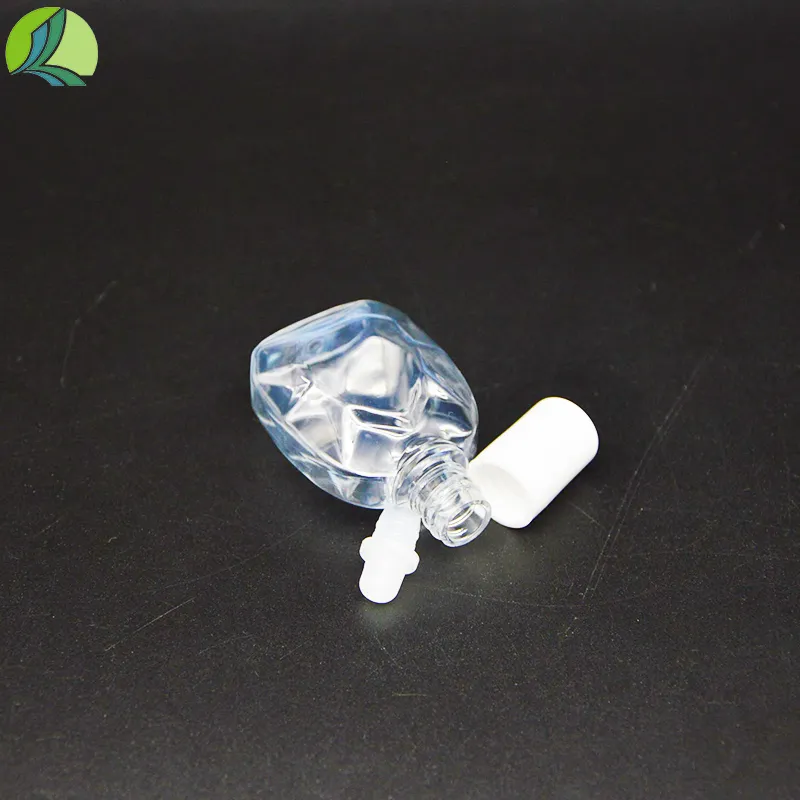refillable dropper bottle
The Rising Trend of Refillable Dropper Bottles A Sustainable Future
In recent years, there has been a significant shift towards sustainability in consumer products, and refillable dropper bottles are at the forefront of this movement. These versatile containers are becoming increasingly popular not only among environmentally-conscious consumers but also among brands looking to reduce their environmental impact. This article delves into the benefits of refillable dropper bottles, their growing popularity in various industries, and the potential they hold for a more sustainable future.
What are Refillable Dropper Bottles?
Refillable dropper bottles are glass or plastic containers that feature a dropper top, allowing for precise dispensing of liquids. They are commonly used for essential oils, serums, tinctures, and other liquid formulations. The key attribute of these bottles is their reusability; instead of being discarded after a single use, consumers can refill them multiple times, significantly reducing waste.
The versatility of refillable dropper bottles extends across numerous sectors, from beauty and wellness to food and beverage. With the rise of eco-conscious products, brands are increasingly adopting refillable solutions to cater to a discerning market that values sustainability.
Environmental Benefits
One of the most compelling reasons for the adoption of refillable dropper bottles is their positive impact on the environment. Traditional dropper bottles, particularly those made from single-use plastics, contribute significantly to pollution and landfill waste. By contrast, refillable bottles help minimize this environmental burden.
1. Waste Reduction Refillable bottles drastically cut down on waste. By allowing consumers to reuse the same bottle, brands can lower the number of new bottles produced. This not only reduces the amount of plastic waste but also lessens the demand for raw materials needed for manufacturing.
2. Lower Carbon Footprint The production and distribution of traditional single-use bottles generate greenhouse gas emissions. Refillable bottles can help lower a product’s carbon footprint, as they reduce the frequency of manufacturing and transportation.
3. Encouragement of Responsible Consumption The concept of refillable bottles promotes a culture of responsible consumption. Consumers become more aware of their purchasing habits and may be more inclined to seek out refill options, fostering a more sustainable mindset across the board.
refillable dropper bottle

The Growing Popularity in Various Industries
The beauty and personal care sector has been a significant driver of the refillable dropper bottle trend. Brands such as Lush, Aveda, and The Body Shop have embraced eco-friendly packaging, allowing customers to refill their products in-store. This not only enhances customer loyalty but also aligns with the values of modern consumers who prioritize sustainable practices.
In the culinary world, refillable dropper bottles have gained traction as well. Many artisanal food producers are offering their products in refillable containers, encouraging consumers to avoid wasteful packaging. For instance, gourmet olive oil brands are opting for glass dropper bottles that can be refilled, promoting the notion of high-quality, sustainable products.
Moreover, the wellness industry is experiencing an uptick in the use of refillable dropper bottles for herbal tinctures and concentrated liquid supplements. As awareness of natural health products grows, consumers are increasingly seeking eco-friendly packaging options that align with their health and environmental values.
Challenges and the Path Forward
Despite their numerous benefits, there are challenges to widespread adoption of refillable dropper bottles. Some consumers may find the concept inconvenient compared to traditional single-use options. Additionally, brands must ensure rigorous cleanliness standards are maintained to avoid contamination.
To address these challenges, brands are exploring innovative solutions, such as in-store refill stations and partnerships with eco-friendly retailers. As technology advances, we may also see the development of smart bottles that track usage and remind consumers when it’s time to refill.
Conclusion
Refillable dropper bottles represent a significant step towards a more sustainable future. Their environmental benefits, coupled with a growing consumer demand for eco-friendly products, make them an attractive choice for brands across various industries. As we move forward in this era of increased environmental awareness, the success of refillable dropper bottles may very well pave the way for a more responsible and sustainable approach to consumer packaging. By embracing reusable solutions, we can contribute to a healthier planet and encourage a culture of sustainability for generations to come.
-
Aesthetic Makeup Spray Bottles | Fine Mist Empty RefillableNewsAug.19,2025
-
White Plastic Veterinary Vaccine Vials | Lab Liquid BottlesNewsAug.18,2025
-
Plastic Medicine Liquid Bottle: Secure Flip Top Drug VialsNewsAug.17,2025
-
Durable 250ml Blue Plastic Vaccine Vial for Lab & Vet UseNewsAug.16,2025
-
Sterile Virus Sample Tubes: Secure & Reliable Specimen CollectionNewsAug.15,2025
-
White 250ml Plastic Vaccine Vial for Lab & Vet MedicineNewsAug.14,2025
























